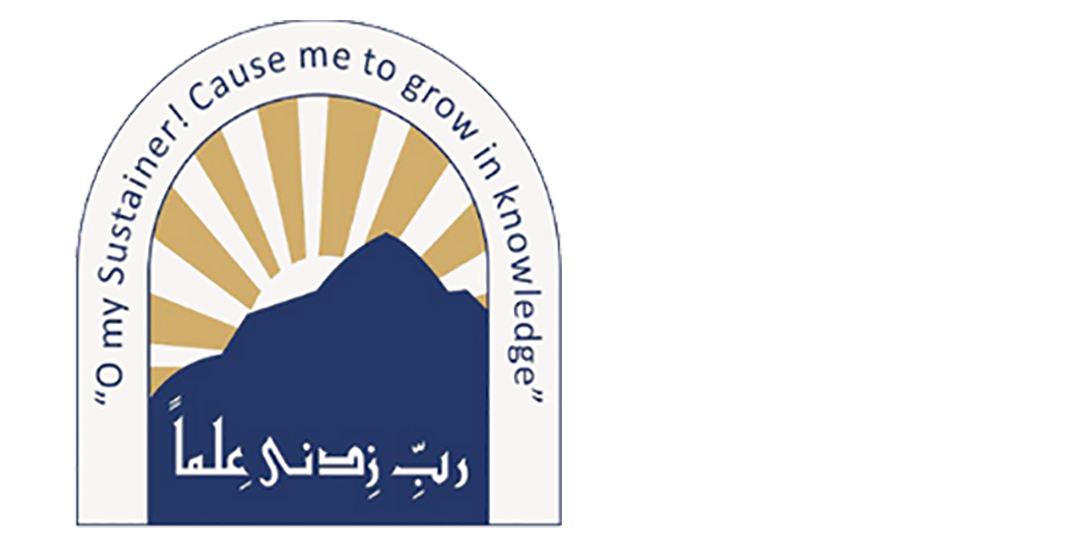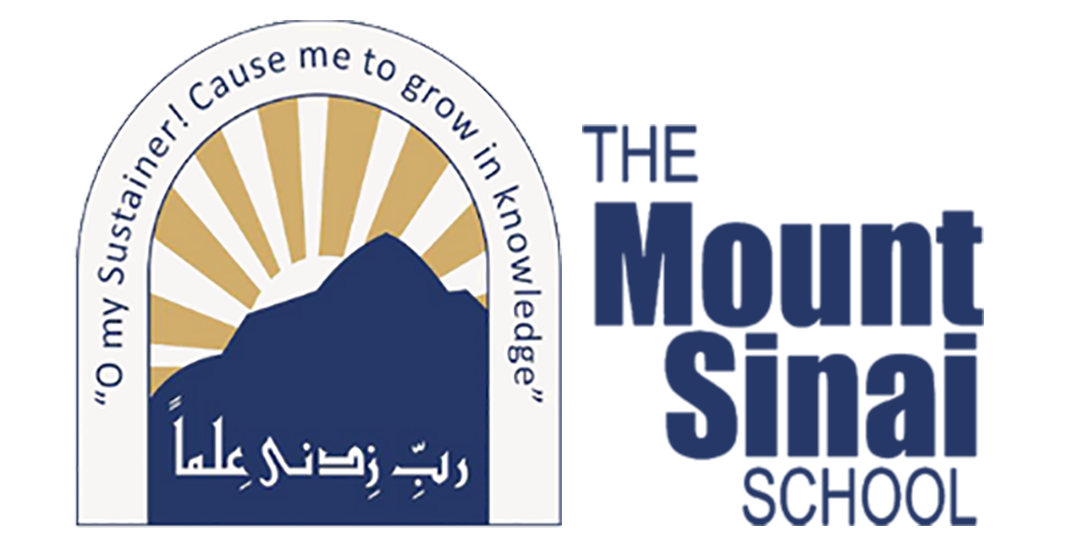
Many learners wonder: Is the GED test harder than high school? That question becomes even more pressing if your goal is to study abroad. In Islamabad, The Mount Sinai School (TMSS) in F-10/2 offers one of the best GED prep programs providing expert teachers, IBCC equivalency, mentoring for global admissions, and a track record of guiding students toward study abroad goals. Choosing the right prep center can make all the difference in turning your dreams into reality.
It’s frustrating when you don’t know which route to pick: finish high school, do A-Levels, or take the GED especially if you’re aiming for universities abroad. The “wrong” route in time, money, or recognition could delay your ambitions. In this post, we’ll compare the GED and high school, examine whether the GED is harder, and show how a well-structured institution like TMSS makes it smoother — especially for students aiming for global education.
What the GED Exam Covers vs. High School Coursework
The GED is designed to test four foundational areas: Reasoning Through Language Arts, Mathematical Reasoning, Science, and Social Studies. It evaluates proficiency and critical thinking rather than months of coursework and continual assignments. High school, conversely, provides a broad curriculum over years including electives, labs, projects, and sustained teacher feedback.

Because the GED compresses high school content into modular, timed exams, any gaps in your foundational knowledge (for example, algebra or reading comprehension) become more exposed. High school tends to allow repeated exposure and remedial support over time. The GED emphasizes real academic skills, reasoning, data analysis, and timely problem solving.
TMSS recognizes this gap and trains students accordingly focusing not just on content, but on reasoning, test strategy, and global standards. Their mentorship bridges students from local curricula to the level expected by foreign universities.
Who Tends to Find the GED More Challenging and Why
Whether the GED is harder largely depends on your learning style, time since schooling, and support system. Students who thrive with structure, teacher feedback, and incremental grading may struggle with the concentrated test format. If your foundation in math or reading is weak, the pressure of a timed exam with little margin for error compounds the challenge.
On the other hand, self-motivated learners, mature students, or those who have been doing independent studying may find the GED more streamlined and efficient. Because the GED is accepted globally, many students see it as a strategic path to studying abroad, rather than spending two years on A-Levels or Science/FSc. TMSS emphasizes flexibility: you can complete GED in months, saving time and money compared to traditional qualifications.
TMSS mentors help you manage this tension by screening weak topics early and designing study schedules that focus on gaps turning what seems harder into what’s achievable.
How the GED’s Format Affects Perceived Difficulty
The GED is modular you take each section (Language Arts, Math, Science, Social Studies) separately, under timed conditions. If one section trips you up (say, math), you only need to retake that section, not the entire exam. But the tradeoff is that weak areas are spotlighted sharply: you can’t rely on bonus credit or gradual improvement over time.
Timed testing adds psychological pressure: pacing, skipping, flagging, and elimination strategies become essential. Mistakes in timing or question order can cost you dearly. TMSS uses simulated exams under real timing conditions to train students’ stamina and strategy.
Because you’re preparing to study abroad, the GED is positioned not just as a national equivalency, but as a credential recognized globally. TMSS ensures you match the academic level expected by universities abroad and helps with IBCC equivalency so your GED is accepted in Pakistani university admissions too.
Preparation Strategies That Turn Hard Into Doable
Preparation is where the perceived difficulty either shrinks or balloons. Use a diagnostic test first to find your weak spots. Then alternate focused review and timed practice sessions in all four subject areas. Use high-quality resources prep books, video modules, simulated tests.
Here are effective tactics:
- Diagnose first, then target weaknesses
- Make study plans with weekly goals and topic rotations
- Do timed practice under exam conditions
- Review not only answers but reasoning
- Use mentors or tutors for feedback and strategy
TMSS offers expert mentoring, IBCC equivalency support, and a structured program that supports students from start to finish. Their curriculum aligns with international standards which makes moving to a foreign university smoother.
Is the GED Accepted Abroad, and What Doors Does It Open?
Yes — the GED is accepted by many universities in the U.S., Canada, Australia, and some European institutions as equivalent to a high school diploma. TMSS cites this global recognition as a key reason for choosing GED vs traditional qualifications.
Compared to A-Levels or FSc, GED offers flexibility, lower cost, and faster completion. TMSS frames GED as a route that can let students apply to international programs earlier and with fewer barriers.
In Pakistan, TMSS also supports IBCC equivalency, enabling universities to treat GED-holders like FSc diploma holders, clearing a major hurdle in pursuing higher education at home or abroad.
Thus, for students aiming for foreign universities, the GED provides both a recognized credential and the academic foundation needed to succeed.
Conclusion
So, is the GED test harder than high school? It depends on your academic foundation, learning style, and the quality of your preparation. While the GED condenses the challenge into a set of timed exams, with the right support especially from a strong prep center it’s entirely conquerable.
If you want to study abroad, the GED is a powerful pathway. Because it is globally recognized and faster, it can open doors to the U.S., Canada, Australia, or European universities. That’s exactly why The Mount Sinai School (TMSS) in F-10/2 Islamabad positions itself as a top GED institute: expert mentoring, IBCC equivalency support, global standard alignment, and a strong record of helping students launch into international education.
Ready to take action? Contact TMSS in F-10/2 Islamabad today. Enroll in their GED prep program, take their diagnostic test, and get tailored mentoring to turn your study abroad dream into reality. Your global education journey begins now.

